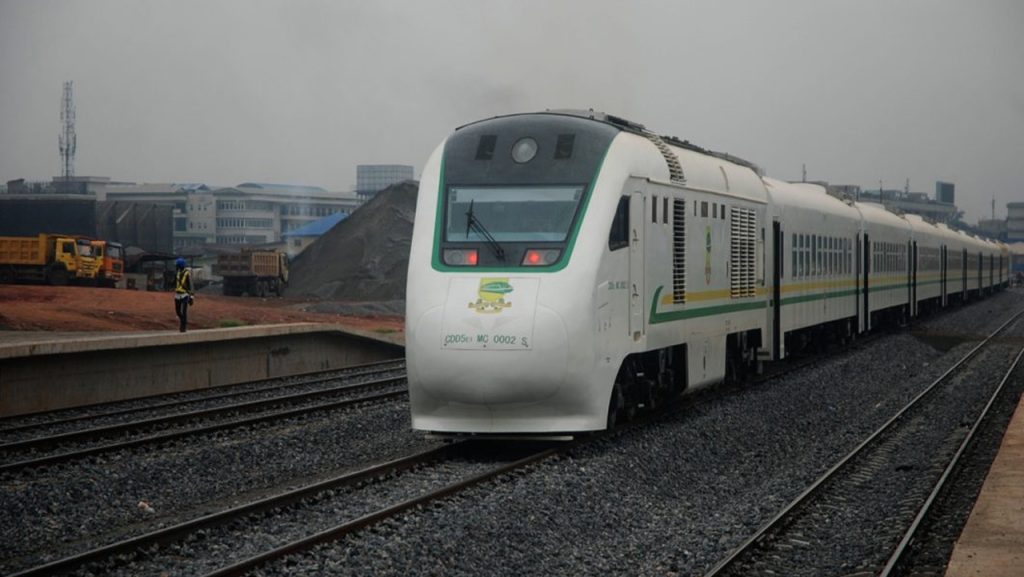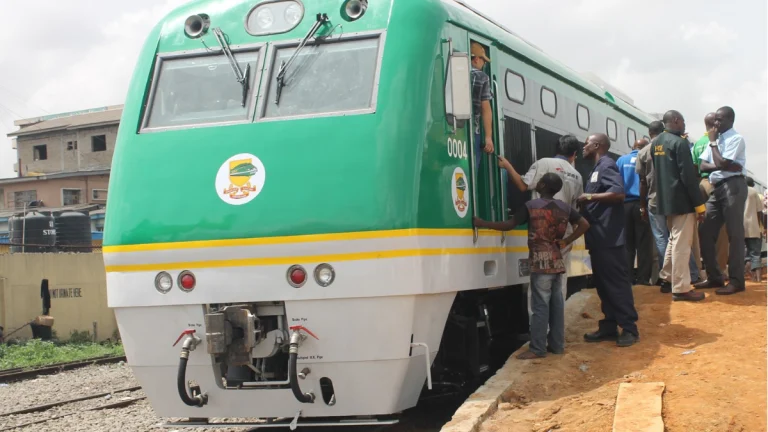The rail transportation system in Nigeria is gaining popularity, with revenues reaching ₦1.69 billion in the second quarter of 2024, marking a 53.14% increase from the ₦1.10 billion reported in the same period of 2023 according to the National Bureau of Statistics (NBS) in its recent report.
The report indicates that 689,263 passengers travelled by rail in Q2, showing a growth rate of 45.38% compared to 474,117 passengers in the corresponding quarter of 2023.
The volume of goods transported by rail also experienced a significant increase, with 143,759 tons moved in Q2 2024, up from 56,936 tons in Q2 2023. Additionally, the Nigerian Railway Corporation (NRC) reported that 5,940 tons of goods were transported through pipelines in Q2 2024, an increase from the 2,856 tons recorded in the same period of the previous year.

Revenue from goods transported by rail stood at ₦537.36 million in Q2 2024, a notable increase of 206.68% compared to ₦175.22 million in Q2 2023. The movement of goods through pipelines also contributed to revenue generation, with ₦42.08 million collected in Q2 2024, compared to ₦12.8 million in Q2 2023.
Other revenue receipts amounted to ₦994.68 million in Q2 2024, reflecting a significant increase of 5,206.68% from the ₦18.74 million recorded in the corresponding period of last year.
In the first quarter of 2024, Nigeria spent 2,470% more on railway debt servicing than it made from rail service revenue. The NRC achieved record revenues of ₦2.12 billion in the first half of 2021, marking a 31% increase over the same period in 2019, which held the previous record revenue.
Meanwhile, revenue from freight transport decreased, with gains primarily coming from passenger transport between Lagos and Ibadan on the new standard gauge.


